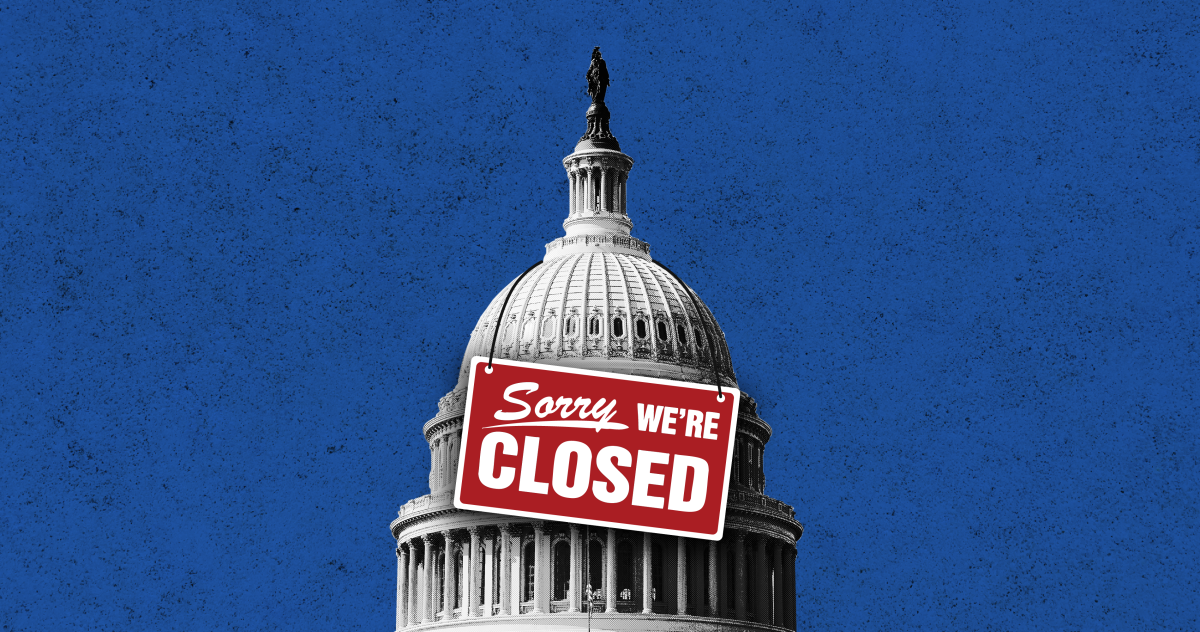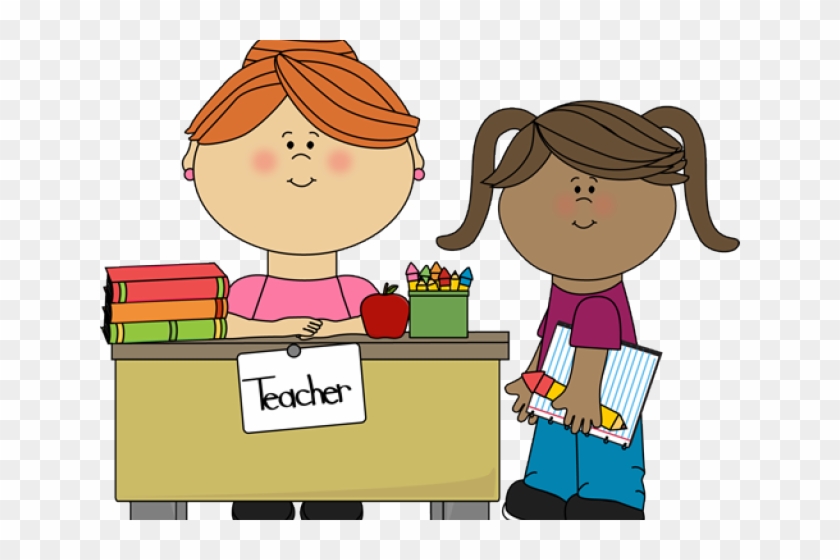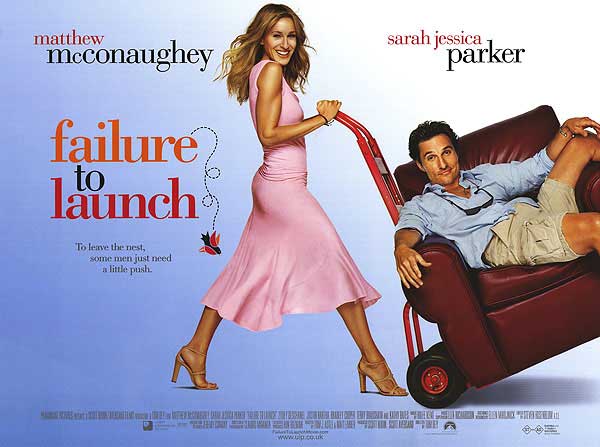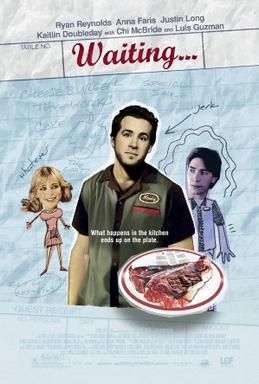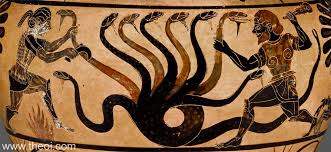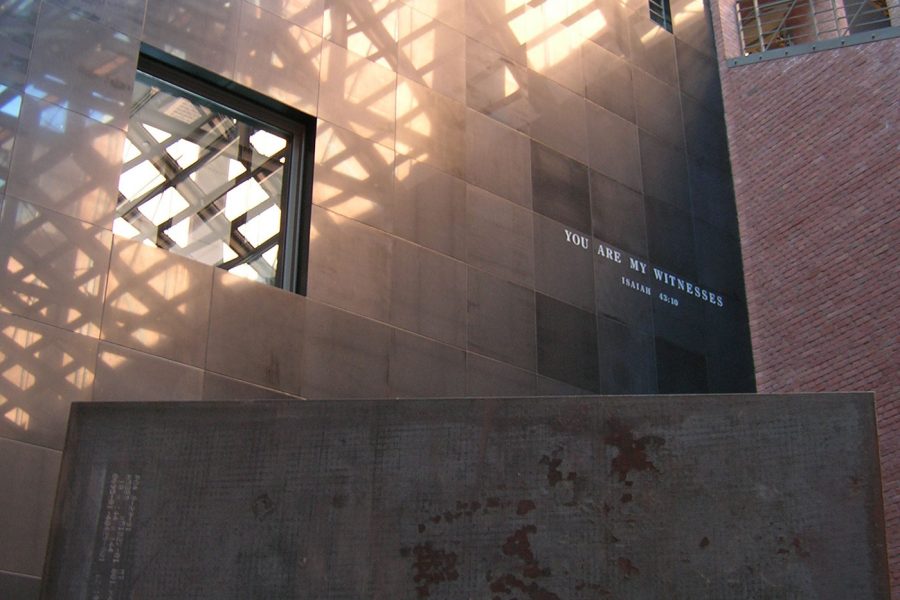A separate pandemic: Antisemitism and Holocaust denial in America
Antisemitism is defined as the hatred, prejudice, or hostility against Jewish people. And in the United States and all around the world, it’s having a startling rise with social media harassment against Jewish people, violence (such as shootings or the spray painting of slurs/swastikas) towards synagogues, and the growing belief that Jews fabricated the Holocaust. These instances of hatred against Jewish people have been around for centuries, but the effects are becoming more noticeable and damning in the modern day due to the unwillingness of the world to listen to Jewish people and their experiences.
As an example of the prevalence of such ignorance, a survey conducted by the Claims Conference found that 23% of American Gen-Z and Millennials thought that the Holocaust was a myth or was exaggerated, and 12% were absolutely sure that they had never heard of the Holocaust at all. Further, about half had seen Nazi symbols and Holocaust denial/distortion posts on social media without realizing it. 11% believe that Jews either caused the Holocaust or fabricated it completely as part of a conspiracy.
In regard to the modern day, not only is the complete denial that the Holocaust happened harmful, but plain antisemitism and Neo-Nazi views are starting to become much more normalized as well. For example, a Proud Boy who stormed the U.S. Capitol building on Jan. 6 wore a shirt that read “6MWE.” This abbreviation stands for “6 million wasn’t enough,” referencing the 6 million Jews that were systematically murdered by the Nazis during WWII. Other events include the 2018 Tree of Life Synagogue shooting in Pittsburgh, PA where 11 people were gunned down while attending a Shabbat service (which was perpetrated by a white supremacist), as well as violence related to the Israeli-Palestinian conflict. These happenings, influenced by centuries-long conspiracy theories/stereotypes about Jewish people (such as the notion of them being deceitful or being able to control governments) and the history of their being used as scapegoats for any catastrophes, have made it so that Jewish people around the world are more vulnerable than ever.
A prominent reason for the alarming surge in antisemitism is the fact that Jewish people have a complicated history regarding their religion, culture, and ethnicity. And as one can imagine, people who are prone to blind hatred don’t care to learn about who they’re hating. Jews were exiled from the Land of Israel 2,000 years ago and have scattered throughout the world, but most notably in Europe. Due to their “foreignness,” they have never been accepted into European society, only doing jobs that the Christian majority couldn’t do (such as money-lending) and being liable to blame for anything bad happening. Thus, they’ve been a favorite target of white supremacists, because Jews have always been seen as “non-white” even if they’re white-passing. But more recently, most people see them as white and therefore seem to believe that they cannot face discrimination, despite years of hatred and pogroms (organized massacres of an ethnic group) proving otherwise. This allows both sides of the political spectrum to ignore and dismiss claims of antisemitism, saying that Jews do not face discrimination due to skin color like the black community. This completely erases Jews of color like Beta Israel (Ethiopian), Mizrachi (Middle Eastern) or Sephardi (Iberian/North African) Jews.
Another reason for heightened rates of antisemitism and hate crimes against Jewish people is the highly controversial Israeli-Palestinian conflict in the Middle East. This conflict involves violence on both sides, with the Israeli government and Hamas/Palestinian Authority but it unfortunately has wrapped uninvolved Jews and Palestinians in the diaspora into their nasty business. And while criticism of the Israeli government’s policies is not antisemitic by itself, the often antisemitic tones behind such criticisms such as saying “Jews stole the land” (referencing the stereotype of Jews being thieves and disregarding the Jews’ right to their homeland) or “Every Jew has Palestinian blood on their hands” (a form of blood libel, or the belief that Jews kill non-Jews to use their blood in religious rituals) make them a suspicious territory for the Jewish diaspora. These antisemitic tropes also embolden non-Jews to commit hate crimes against Jews in the name of “social justice” or “Palestinian freedom,” when in fact it does nothing for the cause except spread hatred and fear.
In regard to the Holocaust, the denial of which has become prevalent in recent years, there is always the ever-present conspiracy theory of Jews causing or faking it for their own personal gain. This is not only completely historically inaccurate, but beyond disrespectful to the survivors, victims, and every family that was effected by the Holocaust. There are also issues of minimizing the Holocaust, such as comparing it to what the Israeli government is doing in Palestinian Territories (which is antisemitic since that standard is not applied to other countries that have done the same thing in other places) or to non-related issues such as abortion rates, as well as telling Jewish people to just “get over it.”
Let me remind you that the Auschwitz concentration camp was liberated only 76 years ago.
Six million Jews were murdered, along with Romani, homosexuals, and the disabled.
One cannot simply “get over” that.

Alyssa Bruner is a senior at Delphi Community High School. She is involved in varsity Quiz Bowl, along with the track and golf teams and kickboxing. She...

